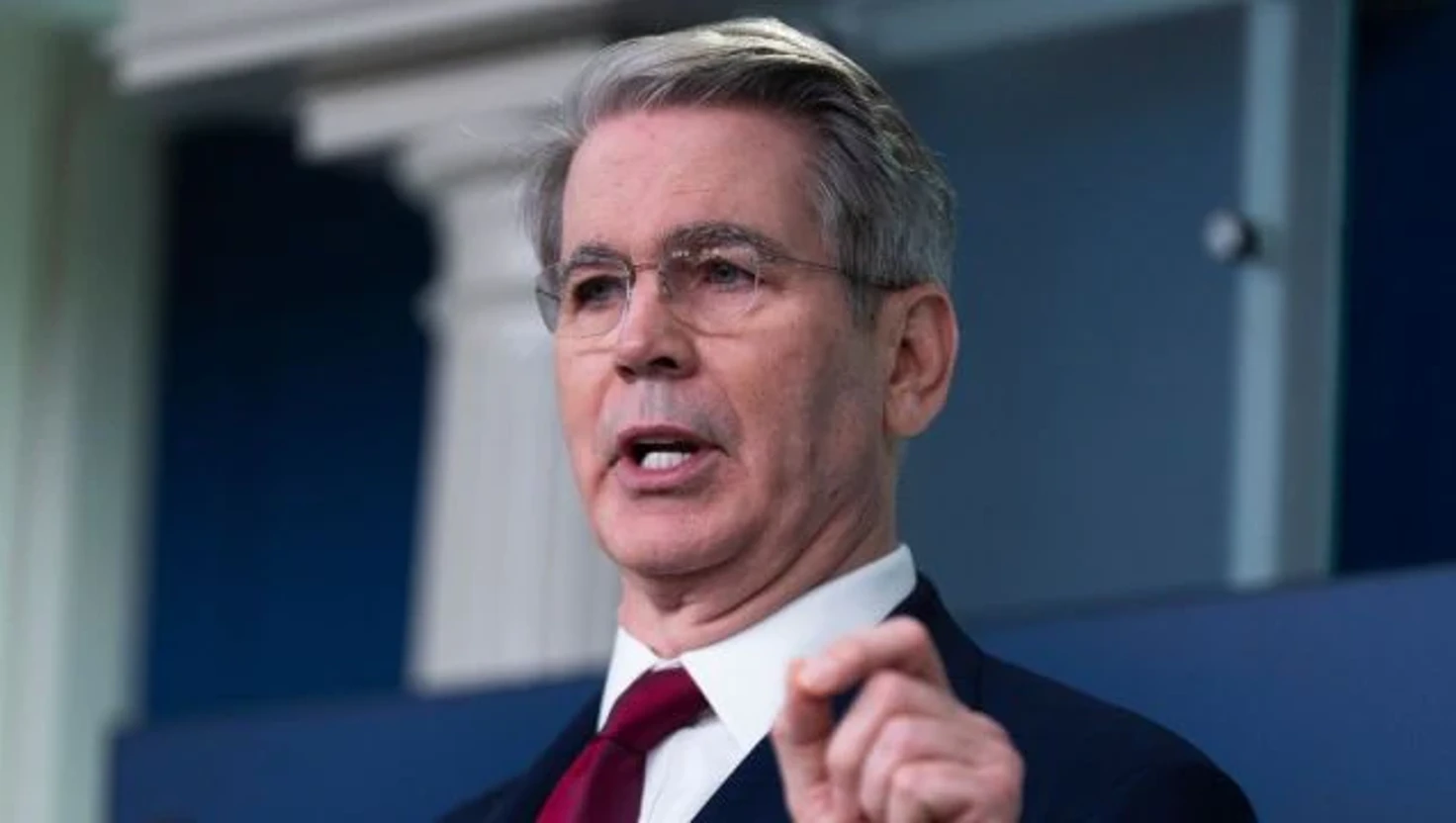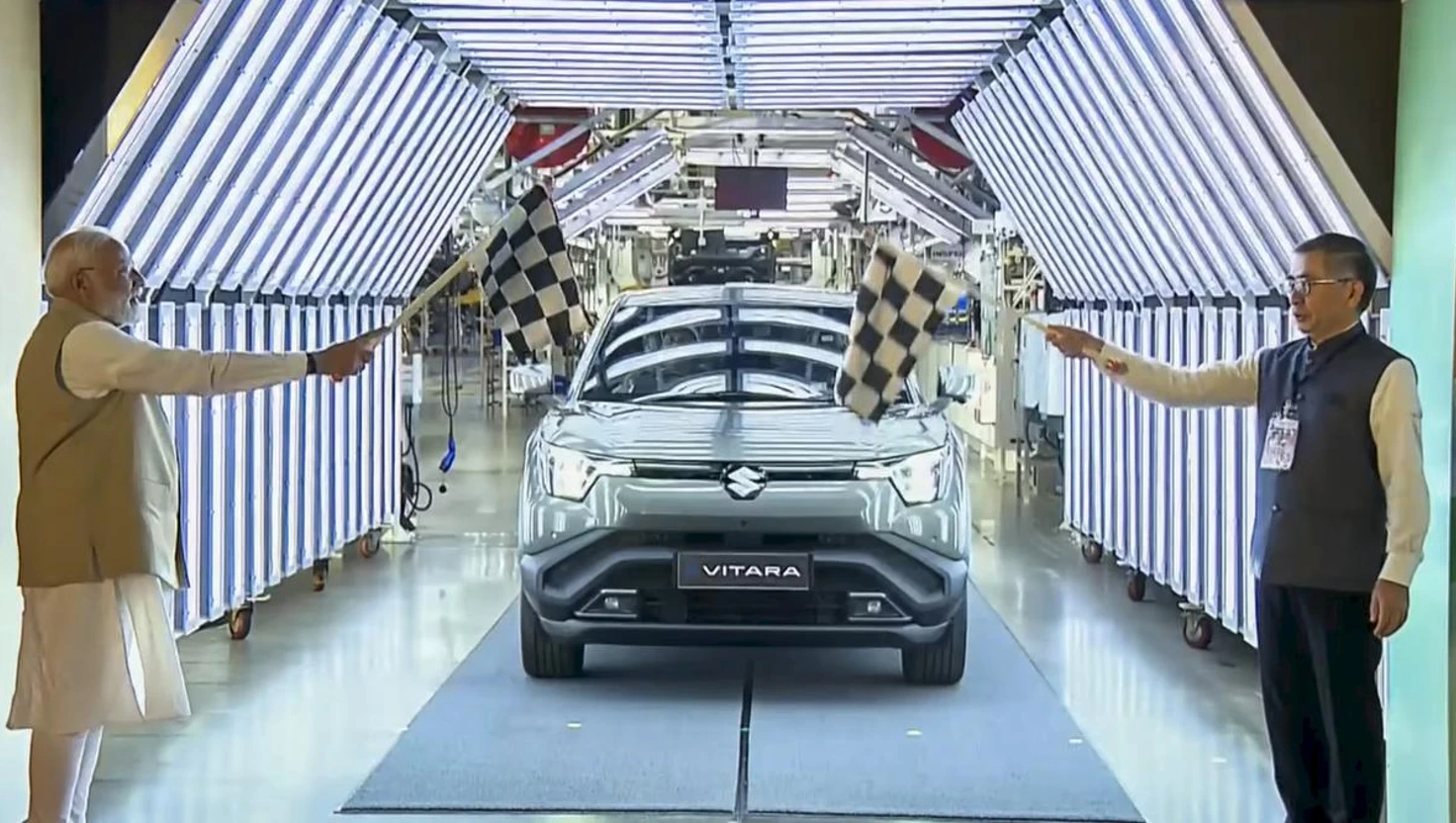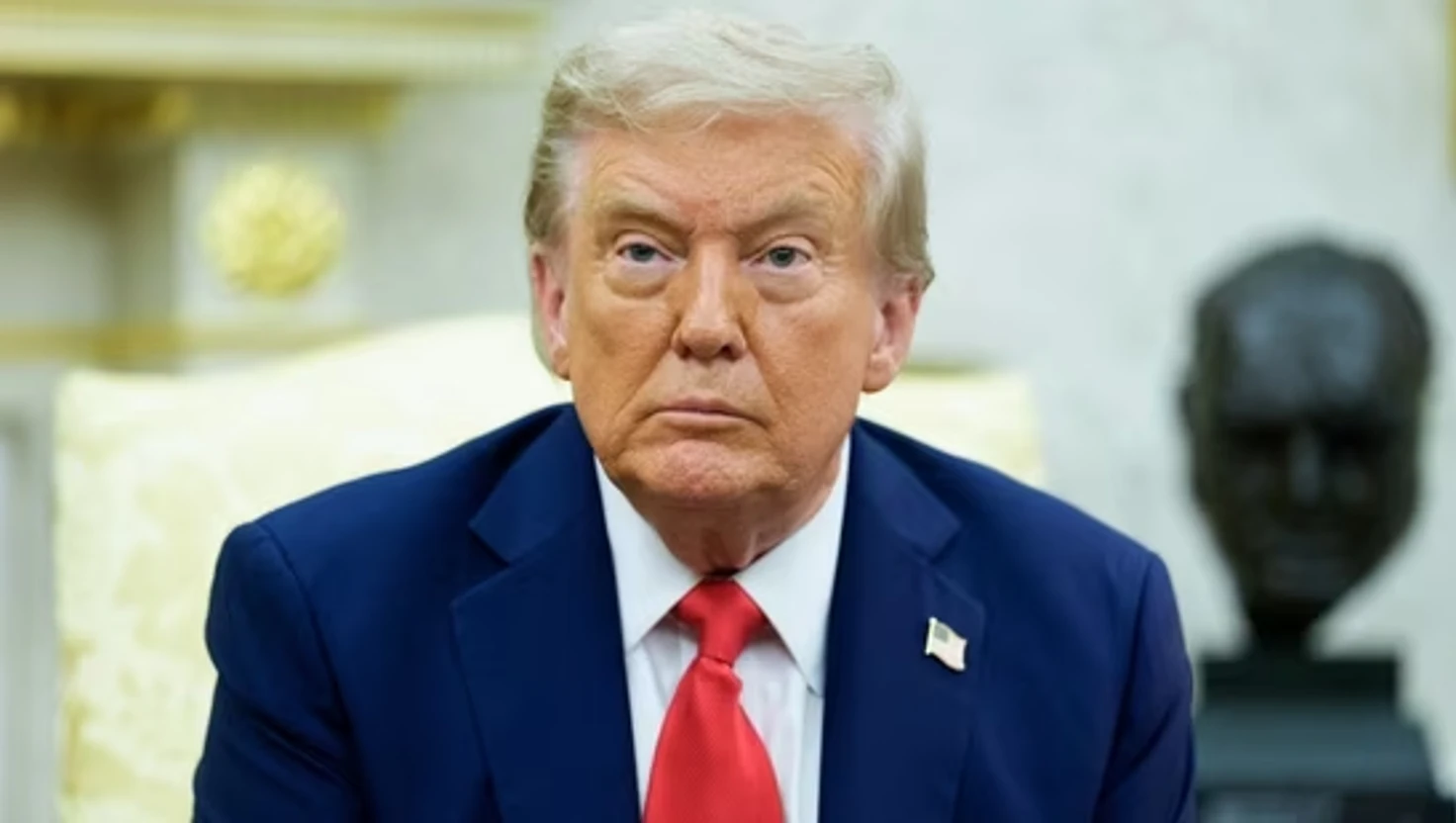US and India relationship complicated, will eventually reach a trade deal, says Treasury Secretary

US and India relationship complicated, will eventually reach a trade deal, says Treasury Secretary
Scott Bessent highlights complexities in US-India ties amidst tariff tensions but expresses optimism for future collaboration.
On the day a significant new tariff on Indian imports was implemented, US Treasury Secretary Scott Bessent addressed the complexities of the relationship between the United States and India. Speaking to Fox Business, Bessent acknowledged the current difficulties but expressed confidence that the two nations will ultimately find common ground.
Tariff Implementation and Trade Relations
Effective immediately, a 50 per cent tariff on certain Indian goods entering the United States has been introduced, adding a layer of tension to an already complex trade relationship. Bessent noted that the strains are not solely attributed to India’s increased purchases of Russian oil. He highlighted the protracted negotiations for a trade agreement as a significant factor in the evolving relationship between New Delhi and Washington.
“This is a complicated relationship. President Trump and Prime Minister Narendra Modi have a very good relationship at that level. It’s not just over the Russian oil,” Bessent remarked. He expressed some disappointment over the lack of progress, saying that he had anticipated a trade deal might have been concluded in May or June.
Negotiations had commenced earlier in the year following Modi’s visit to Washington. However, disagreements remain, particularly around India’s desire to maintain protections for agriculture and medium-sized vehicles.
US Concerns Over Oil Imports
The United States has expressed discontent with India's significant importation of Russian crude oil, which has become a focal point in diplomatic discussions. Following President Trump's announcement of additional tariffs related to this issue, the Indian government has characterized the US response as "unjustified and unreasonable." Indian officials indicated that the switch to Russian oil imports occurred when traditional supplies were rerouted to Europe, a shift the US had encouraged to maintain market stability.
Bessent remarked, “The Indians are selling to us. They have very high tariffs and we have a very large deficit with them.” He added that with the United States being the deficit country, it holds a unique position in these trade negotiations.
Ongoing Negotiations
Contrary to suggestions that communication channels had broken down, officials from India's Commerce Ministry confirmed ongoing dialogue with US counterparts to mitigate the impact of the new tariffs. Initial discussions between US negotiators and Indian officials were expected to occur later this month, although these meetings were postponed following the recent tariff announcements.
Moreover, the US Treasury Secretary underscored the need for European allies to assist in exerting pressure on India regarding its Russian oil imports, emphasising that much of the refined products from India find their way to European markets.
“Only Canada was willing to join the US in applying secondary tariffs to pressure countries like India,” he noted.
Impact of Global Events
The geopolitical landscape surrounding India’s oil imports has shifted dramatically since Russia’s invasion of Ukraine in February 2022. Prior to the conflict, Russian oil constituted less than 2 per cent of India’s total imports. With the sanctioning of Russian crude by many Western nations, India has capitalised on discounted prices, now sourcing approximately 35 to 40 per cent of its oil from Russia.
The response from the US appears focused on persuading India to reevaluate its reliance on Russian oil, particularly in light of ongoing international sanctions and their intended impact on Russia's economy.
Conclusion
Despite the current complexities in bilateral relations, Secretary Bessent remains hopeful. He stated, “I think at the end of the day we will come together.” With ongoing negotiations and a strong historical relationship between the two nations, there is potential for improvement as both countries navigate the challenges presented by tariffs and global energy dynamics.
Tariff Implementation and Trade Relations
Effective immediately, a 50 per cent tariff on certain Indian goods entering the United States has been introduced, adding a layer of tension to an already complex trade relationship. Bessent noted that the strains are not solely attributed to India’s increased purchases of Russian oil. He highlighted the protracted negotiations for a trade agreement as a significant factor in the evolving relationship between New Delhi and Washington.
“This is a complicated relationship. President Trump and Prime Minister Narendra Modi have a very good relationship at that level. It’s not just over the Russian oil,” Bessent remarked. He expressed some disappointment over the lack of progress, saying that he had anticipated a trade deal might have been concluded in May or June.
Negotiations had commenced earlier in the year following Modi’s visit to Washington. However, disagreements remain, particularly around India’s desire to maintain protections for agriculture and medium-sized vehicles.
US Concerns Over Oil Imports
The United States has expressed discontent with India's significant importation of Russian crude oil, which has become a focal point in diplomatic discussions. Following President Trump's announcement of additional tariffs related to this issue, the Indian government has characterized the US response as "unjustified and unreasonable." Indian officials indicated that the switch to Russian oil imports occurred when traditional supplies were rerouted to Europe, a shift the US had encouraged to maintain market stability.
Bessent remarked, “The Indians are selling to us. They have very high tariffs and we have a very large deficit with them.” He added that with the United States being the deficit country, it holds a unique position in these trade negotiations.
Ongoing Negotiations
Contrary to suggestions that communication channels had broken down, officials from India's Commerce Ministry confirmed ongoing dialogue with US counterparts to mitigate the impact of the new tariffs. Initial discussions between US negotiators and Indian officials were expected to occur later this month, although these meetings were postponed following the recent tariff announcements.
Moreover, the US Treasury Secretary underscored the need for European allies to assist in exerting pressure on India regarding its Russian oil imports, emphasising that much of the refined products from India find their way to European markets.
“Only Canada was willing to join the US in applying secondary tariffs to pressure countries like India,” he noted.
Impact of Global Events
The geopolitical landscape surrounding India’s oil imports has shifted dramatically since Russia’s invasion of Ukraine in February 2022. Prior to the conflict, Russian oil constituted less than 2 per cent of India’s total imports. With the sanctioning of Russian crude by many Western nations, India has capitalised on discounted prices, now sourcing approximately 35 to 40 per cent of its oil from Russia.
The response from the US appears focused on persuading India to reevaluate its reliance on Russian oil, particularly in light of ongoing international sanctions and their intended impact on Russia's economy.
Conclusion
Despite the current complexities in bilateral relations, Secretary Bessent remains hopeful. He stated, “I think at the end of the day we will come together.” With ongoing negotiations and a strong historical relationship between the two nations, there is potential for improvement as both countries navigate the challenges presented by tariffs and global energy dynamics.

Maruti Suzuki Launches Local Battery Production for Electric Vehicles
Maruti Suzuki's new facility in Gujarat will produce batteries for the e-Vitara and hybrids, enhancing India's green mobility efforts.
| 2025-08-27

Apple iPhone 17 Pro Rumoured to Feature Reverse Wireless Charging
Leaked information suggests Apple’s iPhone 17 Pro may introduce reverse wireless charging, enabling it to power accessories like AirPods and Apple Watch.
| 2025-08-27

Alia Bhatt Calls for Removal of Video Showing New Mumbai Home
Alia Bhatt demands the removal of a viral video depicting her private residence, declaring it an invasion of privacy and a security concern.
| 2025-08-27

Sift Kaur Samra Achieves Double Gold for India at Asian Championships
Sift Kaur Samra wins gold in individual and team events at Asian Shooting Championships, marking a significant achievement for India.
| 2025-08-27

Steep US tariffs Hit Indian Exports: Units in Tirupur, Noida & Surat Halt Production
US tariffs rise to 50% affecting India's textiles, seafood, and jewellery exports, causing production halts in key regions.
| 2025-08-27




